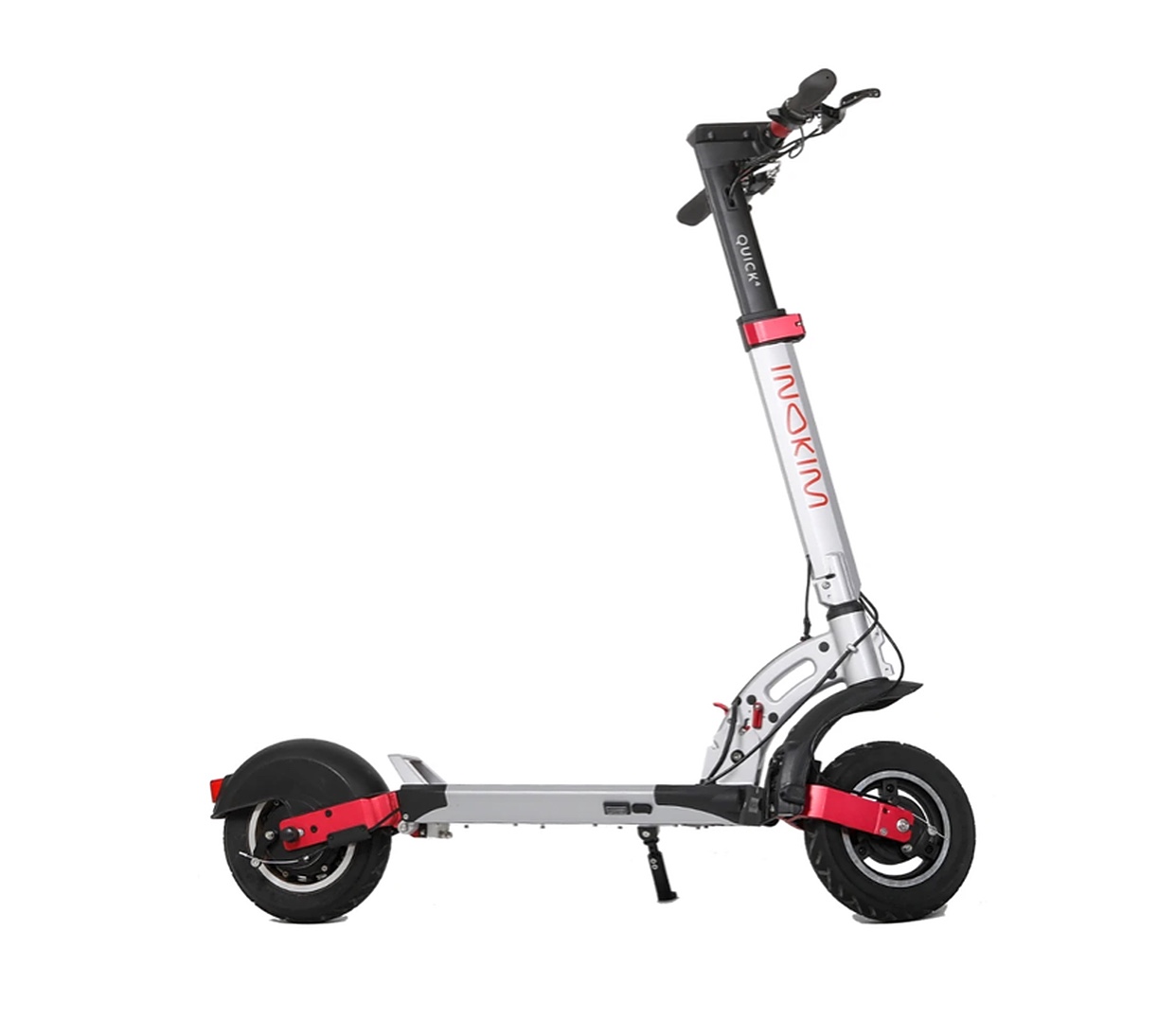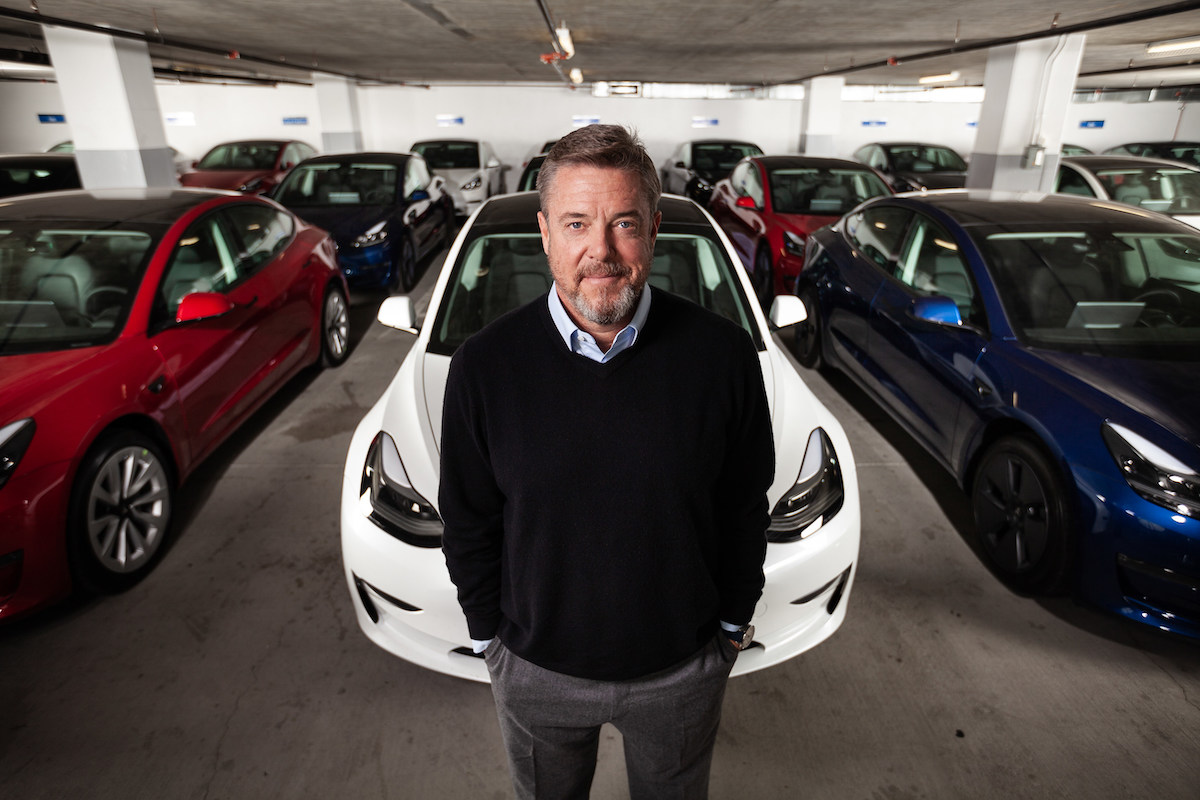
It is not an exaggeration to say that we are in a transport crisis. Scientists estimate that we only have decades left in fossil fuel reserves before they entirely run out. And with carbon emissions from all modes of transportation are at their highest level, individuals and communities across the world are resorting to novel ways to make going from one place to another more sustainable. A future proof transport system should be accessible, convenient and environmentally friendly.
The way we travel is changing rapidly. Technology and carbon-neutral methods of transport are blurring the distinctions between different types of vehicles. There is increased automation to provide new opportunities and challenges in our daily lives. Some of these changes include electric cars, drones and other technologies to assist drivers inside a vehicle. We are likely to see a more significant difference in the transport industry in the next ten years. The change has already started with individuals with personal electric scooters.
Legal recognition for e-scooters and beyond
As of June 2021, London and several other major cities in the UK have been given legal recognition for using electric scooters on public roads. This is a significant step towards recognising sustainable personal transport systems. Even at the central government level, there are plans to widen the use of e-scooters to address the current problems we face in individual transportation.
There is an apparent demand for micro-mobility vehicles specially for electric scooters. Data from public consultations suggest a tremendous public need to legalise scooters as an alternative to car and taxi services. There are also calls to consider how widely used e-scooter have been abroad and how the UK can adopt similar systems.
Benefits of electric scooters as sustainable modes of transportation
Practical and convenient
E-scooters are practical vehicles for many types of journeys and offer the same convenience available from cars. In particular, riding a scooter can be considered the most suitable for short-distance trips. This is true for instances where the destination is ‘a little too far’ to walk.
Many of us feel that e-scooters are cheaper than buying and maintaining a car. More importantly, a solo ride is often cheaper than taking public transport while not getting into contact with other passengers or road users. This would be most beneficial to younger people who face the additional cost of obtaining a car and driving licence. Therefore, an electric scooter will appeal to every community member, including those from lower socio-economic backgrounds. Best of all, journey times are usually quicker and cheaper than cars or taxis in urban areas.
Green revolution for personal transportation
There is overwhelming evidence that electric vehicles are good for the environment. Thanks to their zero-emission exhaust systems, electric cars also improve air quality in towns and cities. This will undoubtedly enhance the quality of life and health of city dwellers in the long term. There is a common belief that a relatively small mode shift from cars would significantly benefit emissions and air quality, which will ultimately enhance the quality of life of everyone.
The perfect solution for congestion
There is no doubt that a reduction in the use of cars would ease congestion. This is because smaller vehicles such as bikes and scooters are smaller than other road-going vehicles. There is a body of research to suggest that increased moped/motorcycle reduce congestion. Also, in populated areas where there is heavy traffic at busy times, scooters and bikes match the speed of motor cars and busses. In addition to road space, fewer parking spaces would be needed, freeing up many more public use areas. For example, up to 10 e-scooters could park in one car bay, allowing parking space to be reallocated justly and inclusively.
Better for businesses
If the use of scooters and other forms of micro-mobility were to be legalised, there could be great potential for many businesses to benefit and prosper. As an example, food deliveries, especially in urban areas, can cut down many transport costs in their operations. And there could be new vehicle designs to enhance the safety of the people riding these vehicles. Such initiative would remove vans and mopeds from the road freeing up congestions and clearing the streets for more essential travel purposes.
But what about safety?
Personal safety is one of the biggest concerns when considering a mass rollout. However, there is already a maximum speed of 15.5 mph in the UK for electric scooters on public roads. Although it is not compulsory to wear a helmet whilst riding, it would be dangerous without one.
E-scooters have made a remarkable entry into our communities, and they are here to stay. With the relevant safety precautions, e-scooters are set to revolutionise how we use vehicles for short journeys. As a result, our economies, environment and personal health can benefit from the humble yet powerful electric scooter.
Source: Britain Daily









